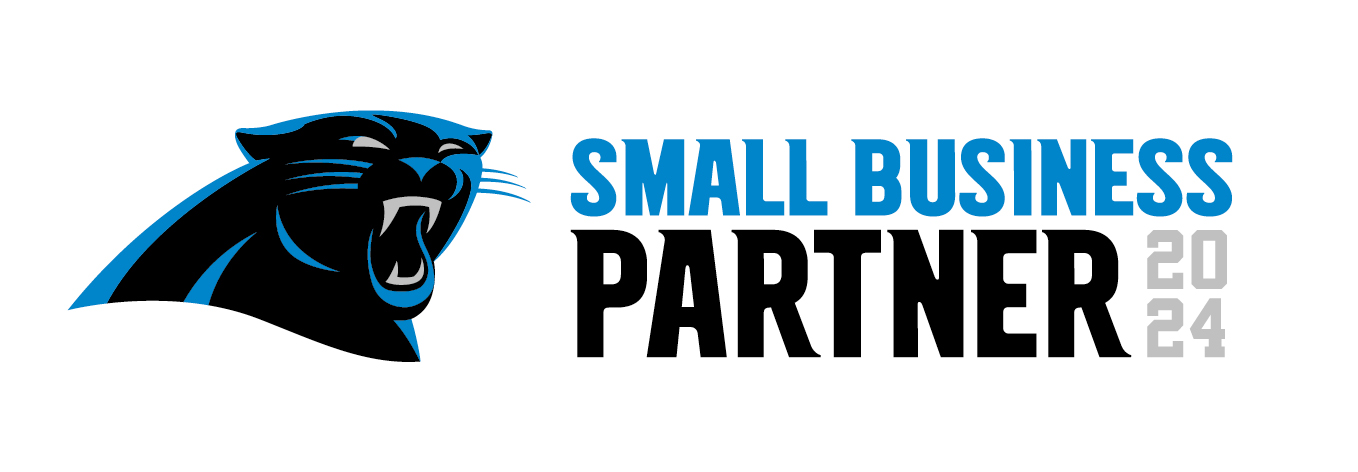Three Intangible Services Every Lawyer Should Offer
The legal industry, like any other in our capitalist system, is constantly being redefined by competition and commoditization. A quick search on the North Carolina Bar Lawyer Directory reveals that there are over 29,000 attorneys in this State and over 5,000 in Charlotte, while buffet style websites like LegalZoom attempt to cut the lawyers’ role out completely. How does the modern lawyer stay competitive in such a hostile business environment? By offering intangible services that can’t be commoditized.
Communication
The majority of people don’t speak well in stressful situations. I often spend multiple hours listening to clients before I’m able to fully understand their position. Sometimes it tests my patience and ability to focus, and I’m an interested party. Now imagine a client trying to explain their situation with the pressure of speaking in front of a powerful judge in a public setting. Clients need an advocate who can adequately and effectively convey their position, and that’s not something that can be packaged and sold, or learned overnight. It does not do any good to speak persuasively if it’s not to the point and the audience loses interest. And there’s no value in a quick, unclear message. The good lawyer is able to ascertain all of the facts from a client, weed out the irrelevant ones, and articulate their position clearly, concisely and convincingly.
Connections
The right message isn’t worth anything if it’s lost on the wrong audience. I often have clients who, after being served with a lawsuit for the first time, will take their paperwork to the Police Station, or the District Attorney’s Office before coming to see me. Even if they have a general understanding of the justice system, clients don’t know where to go and who to talk to in order to resolve their specific issue. The valuable attorney is able to leverage carefully cultivated relationships to help their client obtain an effective solution. That relationship might be knowing a great immigration lawyer or a helpful assistant district attorney if you’re in criminal defense. Or it could be as simple as knowing a good paper supply wholesaler who can help your small business client save money. A set of connections is a valuable product that can’t be purchased, obtained quickly or duplicated.
Counseling
Clients rarely come to a lawyer with great news. The legal profession inherently requires the lawyer to deal with individuals in tough situations, sometimes because of their own poor decisions. In my practice, clients have either been charged with a crime or are going through the unpleasant and unprofitable process of resolving a business dispute. Either way, they’re usually not thrilled to be hiring an attorney. The good lawyer is able to ascertain the client’s goals by listening, while at the same time tempering their expectations and ensuring they’re realistic. The valuable attorney then works with his client to formulate an effective strategy geared toward obtaining an achievable result, as well as a plan for ensuring they don’t end up in the same position again. For a client charged with a DWI, this means developing a litigation game plan aimed at achieving a dismissal or not guilty, preparing the client for possible sentencing, and addressing any underlying substance abuse issues they may need to deal with. For the business client, it might mean resolving their contract dispute and making sure they have an attorney to review their agreements moving forward. Every client matter is unique, making it impossible to package and sell a one-size-fits-all equivalent to good counseling services offered by a prudent practitioner.

